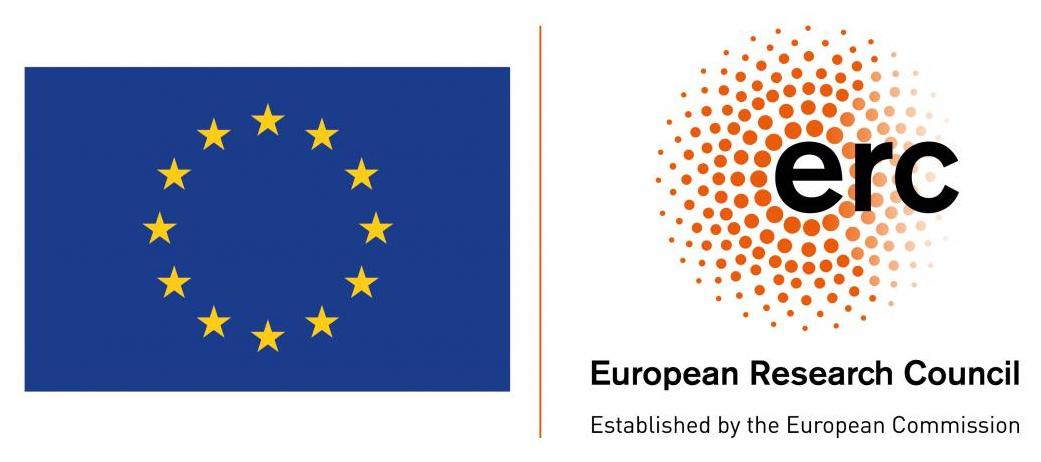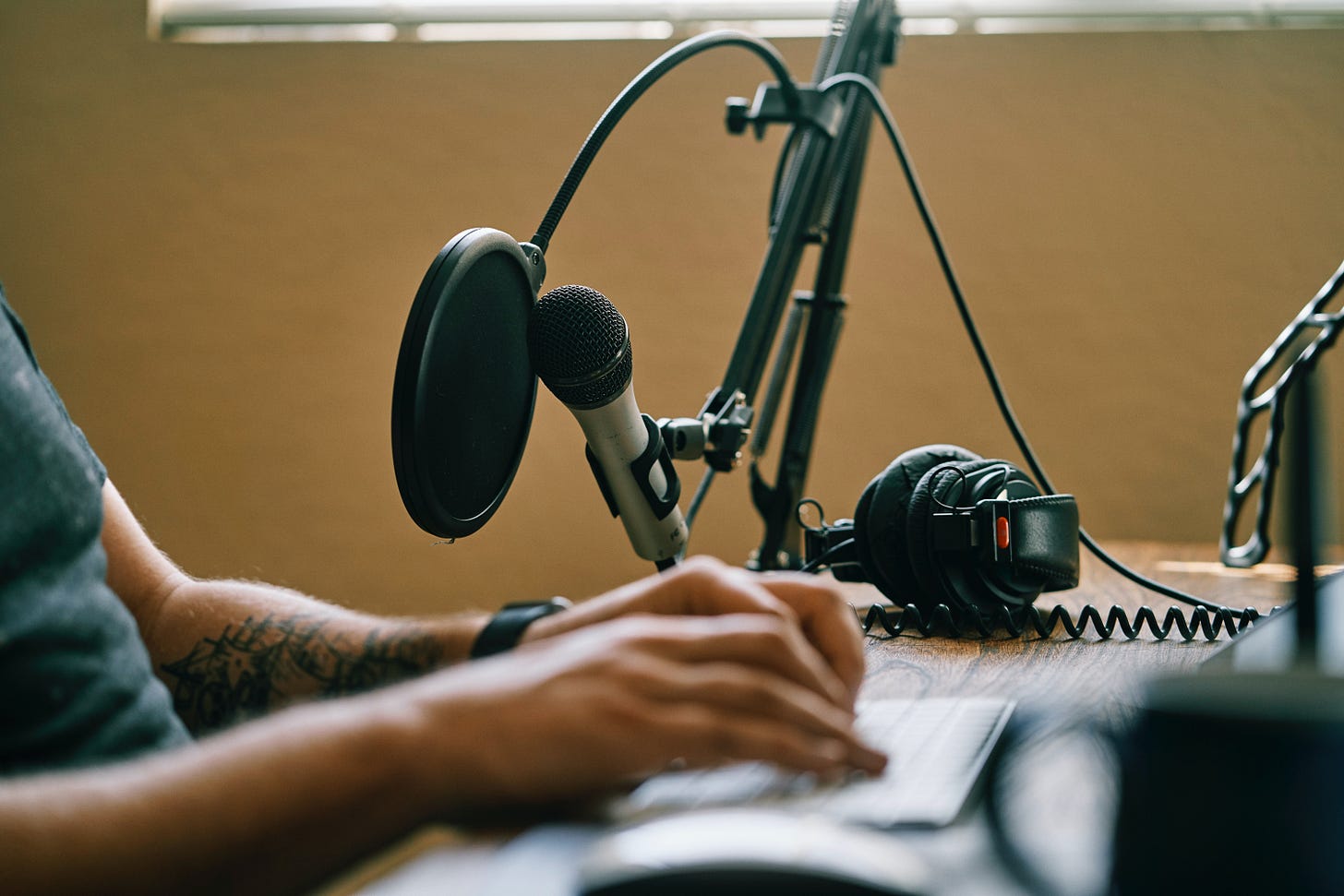NORRN September update
Open research survey, upcoming events, grant funding opportunities, new research, and podcast episode recommendations
Open research survey
You might have already seen information about the below survey being distributed at your institution. Here is a reminder to fill out the survey by the end of October.
The UK Reproducibility Network with associated networks around the world (including NORRN) are conducting a brief survey on open research practices. We hope as many people as possible can participate from Norway. Whether or not you are aware of open research practices (e.g., data sharing, pre-registration, open peer review), experienced in using them, or even deem them to be necessary, your opinion is vital.
This survey will take approximately 5 minutes to complete and is voluntary. It has received ethical clearance from Brunel University and Aston University. It is open to all academic staff from any discipline. Survey data is collected anonymously; however, although unlikely, there might be cases where background variables might identify respondents. Therefore, other than institutional affiliation and discipline, you can choose how much background information you provide.
You can access the link to the survey here: https://uwe.eu.qualtrics.com/jfe/form/SV_0ibDSD34iOPWvFI
The goal of the survey is to better understand awareness of open research practices, including personal experiences of their use and their perceived importance for ensuring the efficiency, reliability and reproducibility of research. Anonymous survey data will be published openly and it is intended that the results will be used to offer guidance and training on open research.
We would also appreciate if you could help us distribute the survey as broadly as possible, especially to those less familiar with open research practices.
Upcoming events
Here are a few events coming up on citizen science, data management, and research data licenses, so mark these dates below in your calendars.
Data Management and Spreadsheet Organization (September 25th)
This talk covers best practices for organizing spreadsheets and provides basic tips for data cleaning. The goal is to achieve "organized data," which will make downstream analysis more efficient, make the data machine-readable, and contribute to making research reproducible. (Organiser: UiT, Location: Zoom).
For more information, visit the webinar’s webpage.
Research Data: Rights and Licenses (September 28th)
What reuse rights do you have for research data that others have published? Quite a few - unless they are provided with a license. Standard open licenses make it easier to reuse research data. The webinar [in Norwegian] deals with the usual terms in open licenses, such as the requirement to attribute, prohibition to use data commercially, prohibition to build on a data set and obligation to share a processed data set under equal conditions. (Organiser: UiT, Location: Zoom).
For more information, visit the event’s webpage.
Citizen science: science for everyone? (September 28th)
Research areas such as biology cannot possibly gather all the data it ideally needs over time and space. These fields are increasingly using citizen science; members of the public who voluntarily gather and share their observations. With the added benefit of increasing public engagement, it remains a hot topic across disciplines. But are there downsides to citizen science? Are data collected by citizens as reliable as other data, and how unbiased are they? In this talk, Wouter Koch will discuss the importance of citizen science data, its challenges and the ways to try to cope with these issues. This is the first Open Science Lunch operating as a national collaboration with the BOTT Universities in Norway: Bergen, Oslo, Trondheim, Tromsø (Location: Zoom).
For more information, visit the webinar’s webpage.
Open Access week (October 23rd to 29th)
October 23th to 29th is International Open Access Week and the 2023 theme is “Community over Commercialism”. Research organizations both within Norway and abroad have many online events planned.
For more information, visit this webpage.
Reproducible research grant funding opportunities from the European Research Council
There are three grant funding opportunities relevant to open and reproducible research with a March 2024 deadline.
HORIZON-WIDERA-2024-ERA-01-07: Capacity building on intellectual property (IP) management to support open science
Aim: Supporting analysis and training on how adequate IP management enables open science, sharing good practices and raising awareness.
Link to call: Funding & tenders (europa.eu)
HORIZON-WIDERA-2024-ERA-01-08: Global cooperation in not-for-profit open access publishing
Aim: Support cooperation between not-for-profit publishing services and between their editors, to enable the flow of knowledge between the EU and one or more other areas of the world, and in more than one discipline.
Link to call: Funding & tenders (europa.eu)
HORIZON-WIDERA-2024-ERA-01-09: Support to the development and implementation of policies and practices for reproducibility of scientific results
Aim: Supporting policies and practices for enhancing reproducibility of scientific results, through mutual learning, dissemination of good practices, coordinated efforts, monitoring and training.
Link to call: Funding & tenders (europa.eu)
New research

A new article (open access article link) led by NORRN HVL node leader Max Korbmacher describes how the replication crisis has led to positive structural, procedural, and community changes.
Abstract: The emergence of large-scale replication projects yielding successful rates substantially lower than expected caused the behavioural, cognitive, and social sciences to experience a so-called ‘replication crisis’. In this Perspective, we reframe this ‘crisis’ through the lens of a credibility revolution, focusing on positive structural, procedural and community-driven changes. Second, we outline a path to expand ongoing advances and improvements. The credibility revolution has been an impetus to several substantive changes which will have a positive, long-term impact on our research environment.
Podcast episode recommendations
Two recent episodes from the ReproducibiliTea podcast feature NORRN local node leads.
From Crisis To FORRTsitive Change (podcast link): Max Korbmacher (NORRN HVL node leader), Thomas Rhys Evans, and Flavio Azevedo talk about their paper on how the replication crisis has led to positive structural, procedural, and community changes (linked above), FORRT, and Open Science communities.
Having Fun Isn’t Hard When You Have A Library Card (podcast link): Agata Bochynska (NORRN UiO node leader) and Matthew Good from the University of Oslo's Open Research Team talk about how vital libraries are to Open Science.





